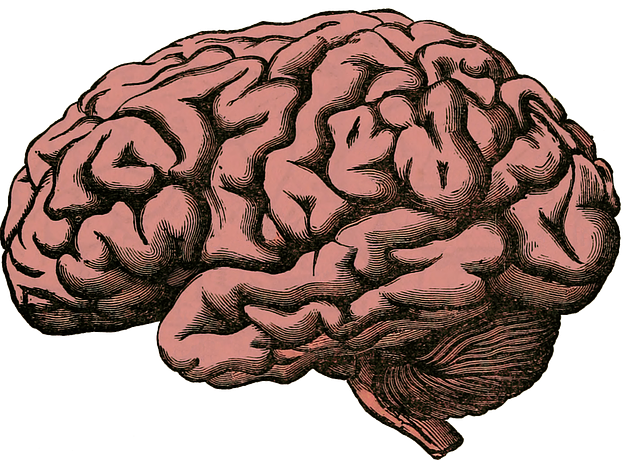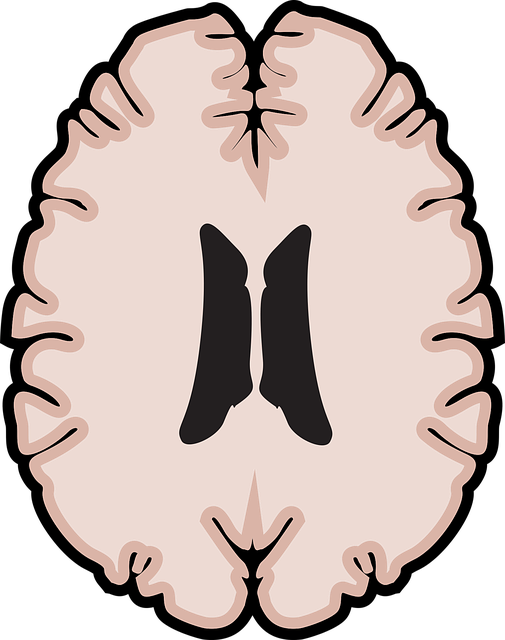In today's world, mental health is a universal concern, but misconceptions and stigma impede access to care like Lakewood Gender-Affirming Care Therapy (LGACT). Effective education programs must promote self-care, communication, and supportive environments. Integrating LGACT into a structured Mental Wellness Podcast Series Production creates safe spaces for diverse identities, enhances resilience through compassion cultivation techniques, and improves client outcomes. Regular evaluation and iteration are crucial to program success, ensuring tailored support for individuals' mental health journeys.
Mental health is a cornerstone of overall well-being, yet it often remains in the shadows. This article explores the crucial role of education in addressing this gap, focusing on program design for mental health awareness. We delve into the common challenges and misconceptions surrounding mental health, offering insights into creating comprehensive curricula. Key components for effective learning are highlighted, with a special emphasis on Lakewood Gender-Affirming Care Therapy as an inclusive practice model. Additionally, strategies for evaluating and iterating programs to ensure continuous improvement are discussed.
- Understanding the Need for Mental Health Education: A Overview of Common Challenges and Misconceptions
- Designing a Comprehensive Program: Key Components for Effective Learning
- Implementing Lakewood Gender-Affirming Care Therapy: Strategies for Inclusive Practice
- Evaluating and Iterating: Measuring Success and Ensuring Continuous Improvement
Understanding the Need for Mental Health Education: A Overview of Common Challenges and Misconceptions

In today’s fast-paced world, mental health has emerged as a paramount concern, transcending age, gender, and cultural boundaries. The need for comprehensive mental health education is more acute than ever, given the prevalent challenges such as anxiety, stress, and depression that affect individuals across communities. Despite the growing awareness about mental wellness, misconceptions and stigma still persist, hindering open conversations and access to suitable care. For instance, in Lakewood, where Gender-Affirming Care Therapy has gained traction, breaking down these barriers is crucial for fostering inclusive well-being.
One of the common challenges lies in differentiating between normal emotional responses and signs of distress, often leading to delayed or missed opportunities for intervention. Misconceptions about mental health, such as attributing symptoms to personal weakness, further complicate matters. Effective mental health education programs must address these issues by promoting self-care practices that encourage individuals to recognize their emotional states. By teaching practical communication strategies, these programs can empower people to seek help and foster supportive environments, ultimately enhancing overall well-being and quality of life for all, regardless of personal backgrounds or challenges faced.
Designing a Comprehensive Program: Key Components for Effective Learning

Designing a comprehensive mental health education program requires careful consideration of key components to ensure effective learning and positive outcomes. One crucial element is integrating Lakewood Gender-Affirming Care Therapy into the curriculum. This approach fosters an inclusive environment, catering to diverse identities and experiences, which is essential for promoting mental wellness among all participants. By adopting gender-affirming practices, programs can create a safe space where individuals feel seen, heard, and respected, thereby encouraging open discussions on sensitive topics related to mental health.
Additionally, incorporating practical strategies such as mood management techniques and compassion cultivation practices enhances the program’s effectiveness. The former equips individuals with tools to regulate their emotions, while the latter cultivates empathy and kindness towards oneself and others. These skills are pivotal in fostering mental resilience and improving overall well-being. Furthermore, integrating these components into a structured Mental Wellness Podcast Series Production can provide ongoing support and resources for learners, ensuring they have access to valuable knowledge long after the program concludes.
Implementing Lakewood Gender-Affirming Care Therapy: Strategies for Inclusive Practice

Implementing Lakewood Gender-Affirming Care Therapy (LGACT) is a transformative strategy for fostering inclusive mental health practices. This therapeutic approach prioritizes creating safe, supportive environments where individuals can authentically express their gender identities. By integrating LGACT, mental health professionals can facilitate meaningful changes in client outcomes.
The program design should focus on several key components. Firstly, training practitioners in compassion cultivation practices enhances their ability to offer empathetic support. Secondly, building resilience through structured interventions equips clients with coping mechanisms for the unique challenges they face. Additionally, incorporating emotional intelligence techniques allows therapists to understand and address complex emotional dynamics related to gender identity. These strategies collectively contribute to a more inclusive and effective therapeutic process.
Evaluating and Iterating: Measuring Success and Ensuring Continuous Improvement

Evaluating and iterating are crucial aspects of designing an effective mental health education program. Measuring success involves setting clear goals and objectives aligned with the program’s purpose, whether it’s promoting mental wellness, providing crisis intervention guidance, or teaching emotional regulation skills. Utilizing methods like pre-post assessments, participant feedback forms, and qualitative interviews can offer valuable insights into the program’s impact.
At Lakewood Gender-Affirming Care Therapy, continuous improvement is achieved through regular reviews of evaluation data. This process allows therapists to adapt their teaching strategies, tailor content to specific needs, and ensure the program remains relevant and beneficial. By embracing a culture of iteration, the therapy can evolve to better support individuals on their mental health journeys.
Mental health education programs, such as the innovative Lakewood Gender-Affirming Care Therapy models discussed, play a pivotal role in fostering inclusive and supportive environments. By addressing common challenges and misconceptions through comprehensive design, these programs empower individuals with knowledge and skills to navigate their mental well-being effectively. Continuous evaluation and iteration ensure that learning remains relevant and impactful, ultimately contributing to improved mental health outcomes for all.














